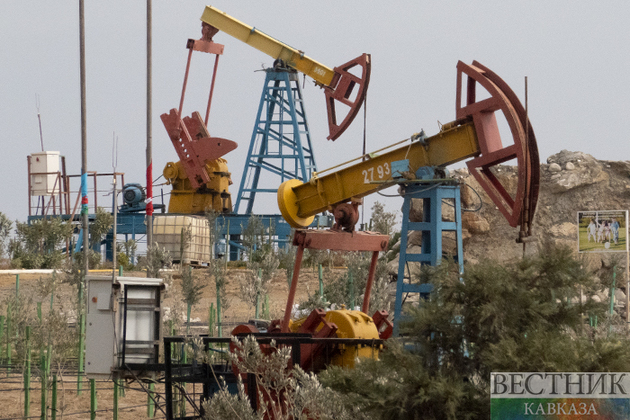OPEC+ agreed to increase the size of its oil-supply hikes by about 50%, in a deal that kept Russia at the heart of the cartel while also heeding pressure from major consumers including the U.S.
World Oil reports that ministers approved production increases of 648,000 barrels a day of oil for July and August, up from recent monthly hikes of 432,000 barrels a day. Russia gave the plan its full backing and talks were concluded in a record time of just 11 minutes, delegates said, asking not to be named because the information was private. Oil had fallen before the meeting after reports that Saudi Arabia and other members were prepared to fill the gap in the market created by the drop in Russian output, or even remove the country from the OPEC+ quota system altogether. After the agreement, crude reversed its losses in New York and was 0.7% higher at $116.03 a barrel as of 9:35 a.m. local time.
“This is a pretty minor tweak, but it is a nod toward looming tight balances later this year when the EU sanctions on Russia start having an impact,” said Bill Farren-Price, a director at Enverus Intelligence Research. “The question is whether there is any more in the OPEC tank?” The output increase will be divided proportionally between members in the usual way. Countries that have been unable to raise production, such as Angola, Nigeria and most recently Russia, would still be allocated a higher quota. That could mean that the actual supply boost is smaller than the official figure, as has often been the case in recent months.
Opening the taps wider is still a turnaround for the Organization of Petroleum Exporting Countries and its allies. The group, led by Saudi Arabia, has been doggedly sticking to its plan for gradual monthly supply increases. The cartel has so far avoided discussing the crisis at most meetings, saying it’s a matter of politics rather than markets. Political pressure from the White House may have brought about the Saudis’ policy shift. The kingdom’s foreign minister said last week that there was nothing more it could do to tame oil markets, and even suggested there was no shortfall of crude. “While we initially thought such a policy shift would likely coincide with a meeting between President Biden and Crown Prince Mohammed bin Salman,” RBC strategists including Helima Croft said in a note late on Wednesday.
Only Saudi Arabia and the United Arab Emirates have significant volumes of spare capacity that could be ramped up quickly. Russia’s production has dropped significantly since the invasion of Ukraine on a combination of western sanctions, shipping difficulties and rejection by some traditional customers. Its output was 1.3 million barrels a day below its OPEC+ target in April, according to the International Energy Agency.






